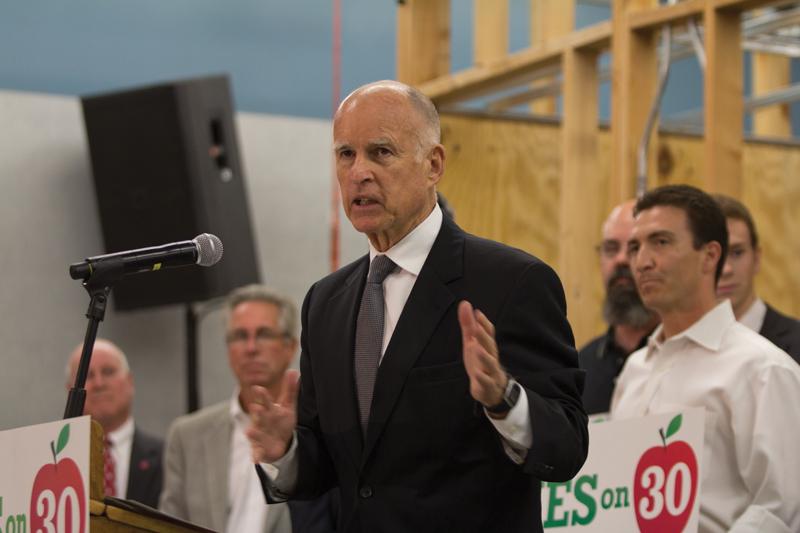In a crucial weekend of state legislation affecting California State Universities and their students, Gov. Jerry Brown took action on two key bills that will directly impact Fresno State.
Brown signed the “yes means yes” campus sexual assault bill into law Sunday. It requires state funded universities, such as the CSUs, to adopt the standard of unambiguous, affirmative consent be given before engaging in sexual activity. It will also mandate new requirements for colleges to follow when investigating reports of sexual assault.
The signing comes amongst a nationwide push lead by the Obama administration to tackle the issue of sexual assault on campus. California is the first state to adopt the standard of “yes means yes,” replacing the previous standard of “no means no,” which critics say put the responsibility on the victim to verbalize that they did not want to engage in sexual activity.
Meanwhile, Brown vetoed part of a budget bill on Saturday that would have granted the California State University and University of California systems $50 million each for deferred maintenance.
Brown cited property tax revenues being below budget estimates as the reason for the veto, explaining the money should be used for unforeseen state costs.
“Making investments to maintain the state’s aging infrastructure continues to be a major priority for my administration, as is paying down the state’s debts and reducing other long-term liabilities,” Brown wrote in his veto message.
“However, we are nearly one quarter into the fiscal year now and we should not commit additional general fund monies of this magnitude when we are facing unanticipated costs such as fighting the state’s extreme wildfires.”
Daniel Clark, a Fresno State student and president of the student-governed California State Student Association, said Brown’s decision was “disheartening” and “nothing short of appalling.”
“This is something that is desperately needed within our system,” Clark said.
The CSSA, a non-partisan, membership-based advocacy organization, was a strong advocate for the bill and had lobbied state legislature members for their support.
The aging infrastructure of CSU campuses has been a recurring issue for the system’s universities. Fresno State saw two major power outages in 2013 — one in January for three days while the school was on break and one in December that closed down the campus for one night.
Updating the aging electrical infrastructure has been a top priority for Fresno State President Joseph Castro. The university received $30 million last fall to help replace the infrastructure — infrastructure that Robert Boyd, associate vice president for facilities management, told The Collegian last September was 15 years overdue for an update.
“This can’t continue to be put on the back burner,” Clark said.
In light of the veto, Clark said the CSSA has plans to push the issue and keep this topic in the mind of legislatures. The CSSA has plans to join forces with UC and community college student-governed bodies to discuss moving forward.




